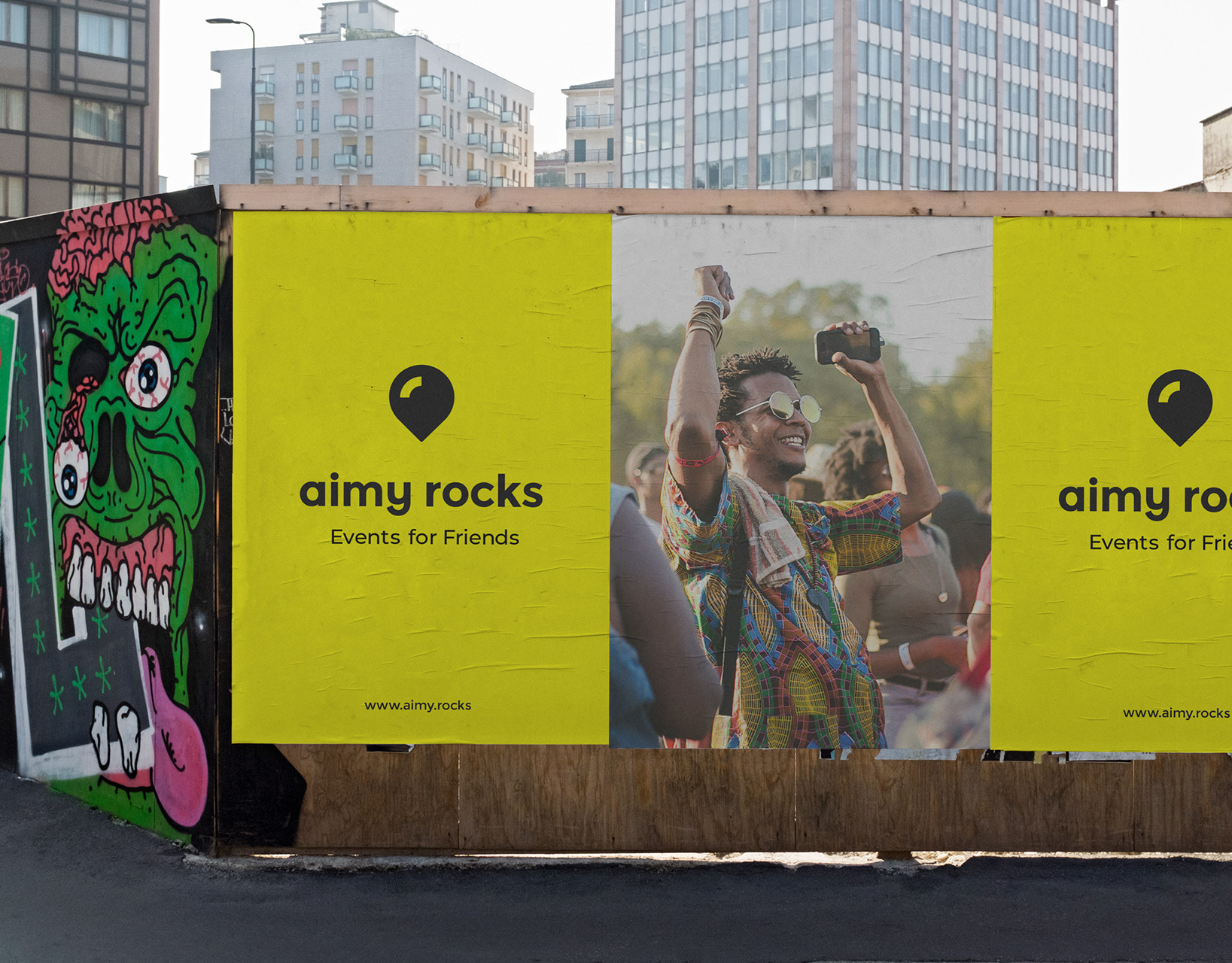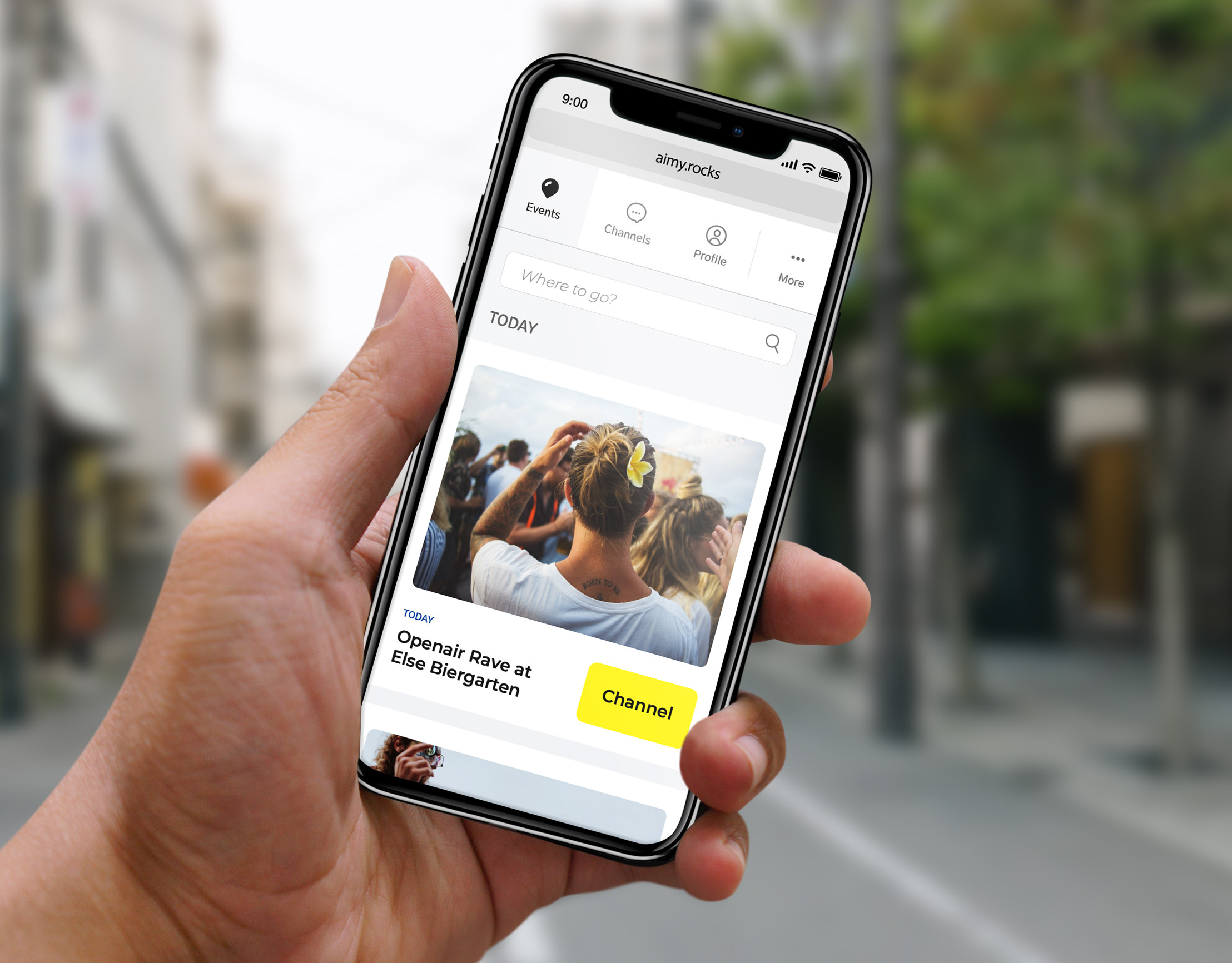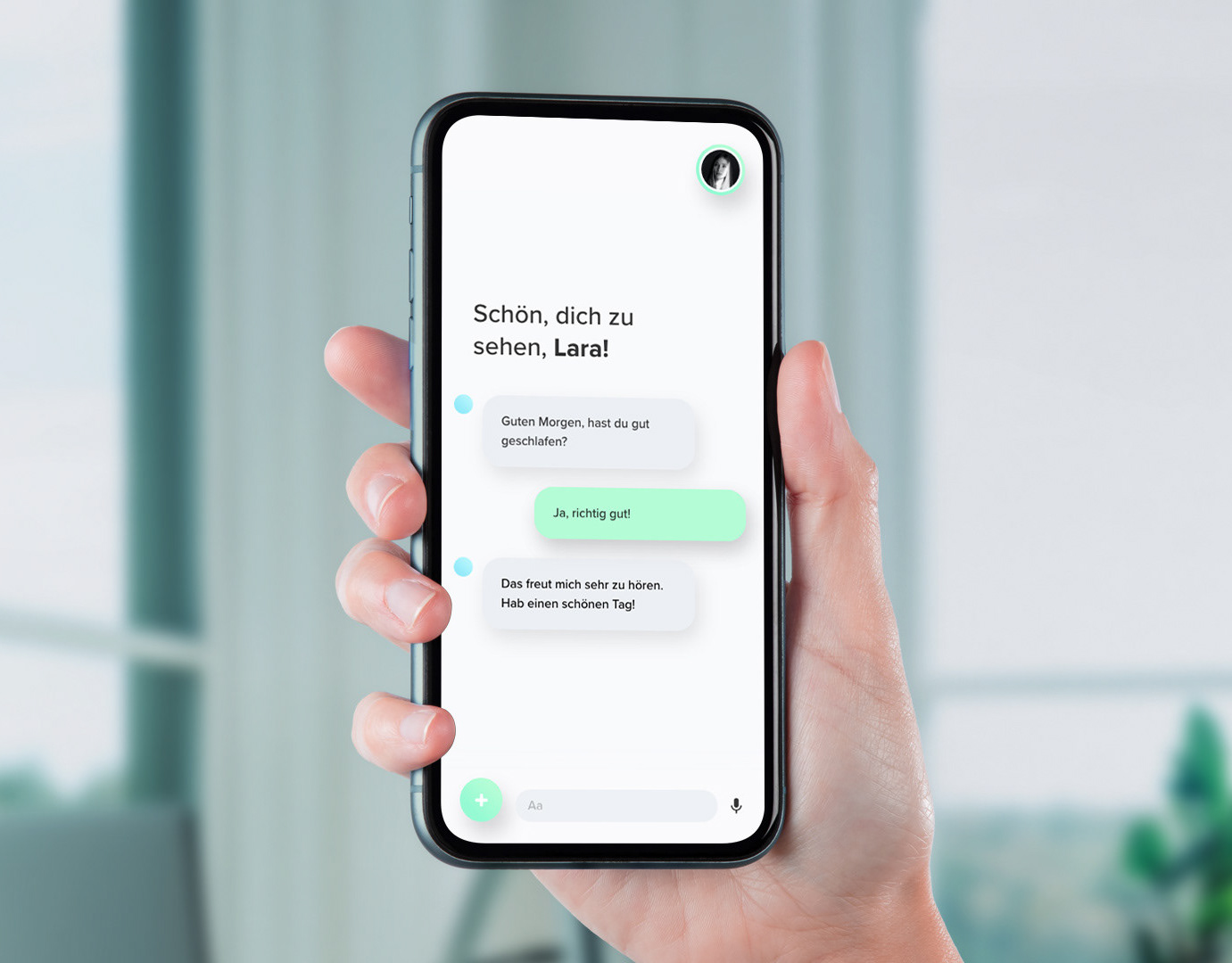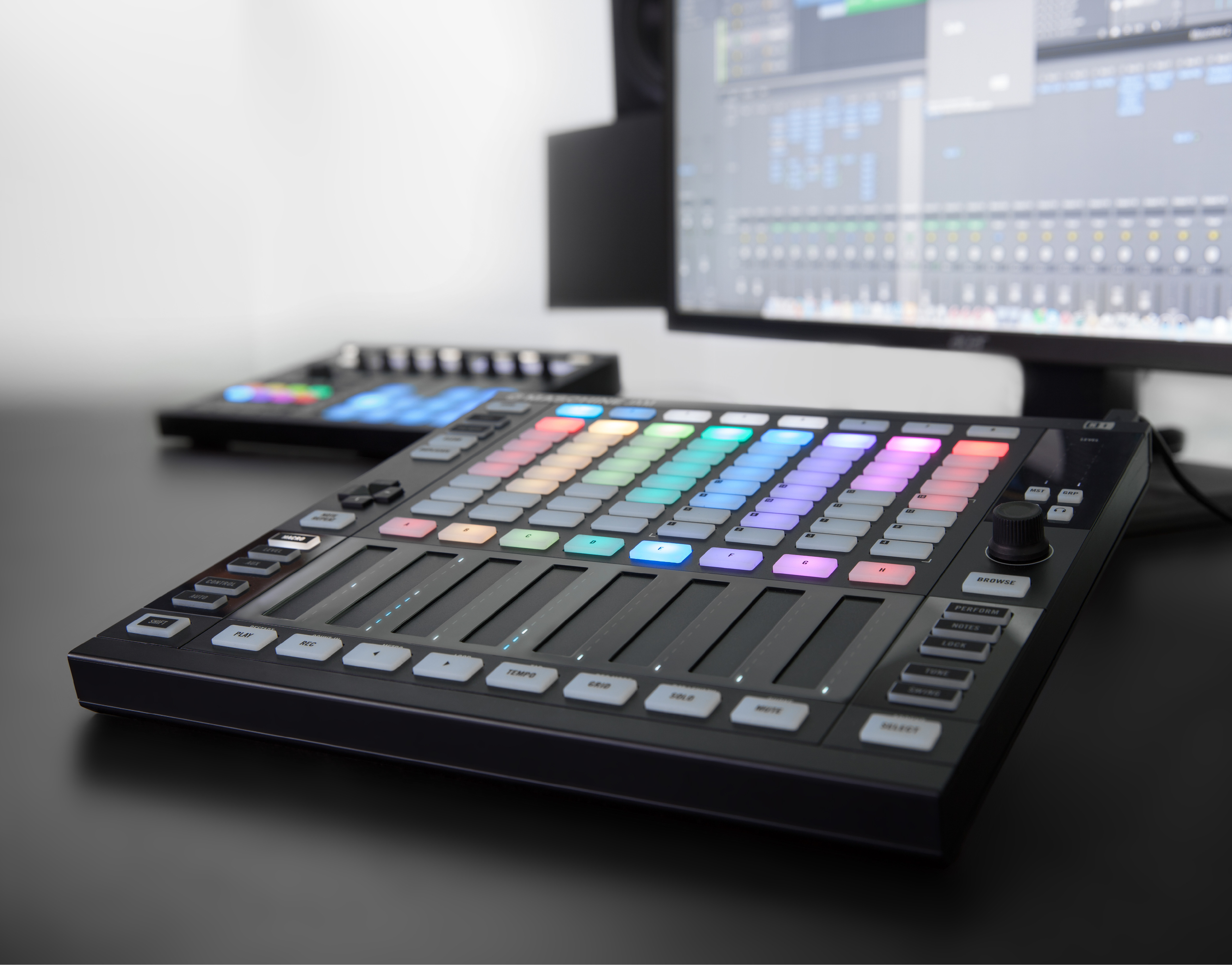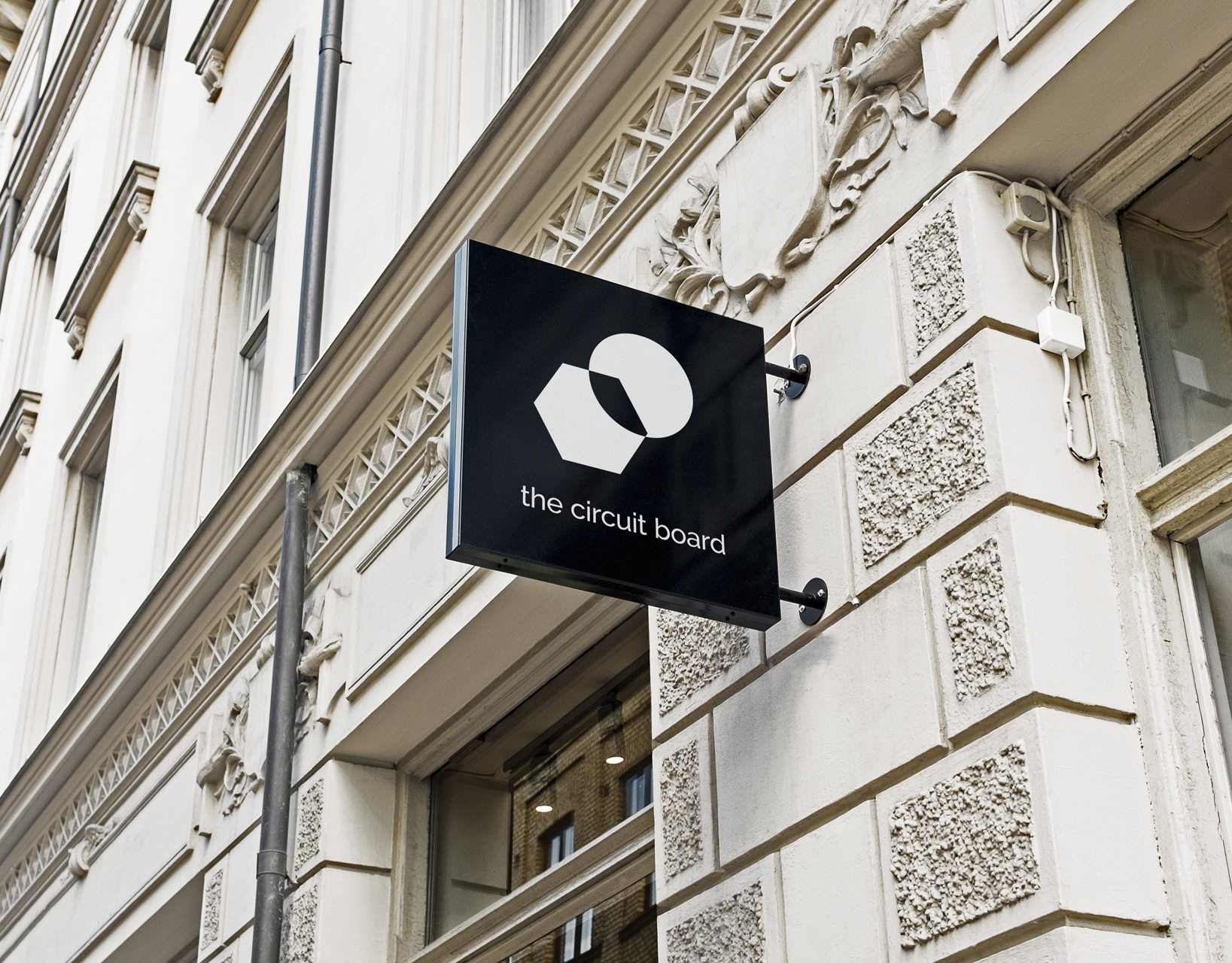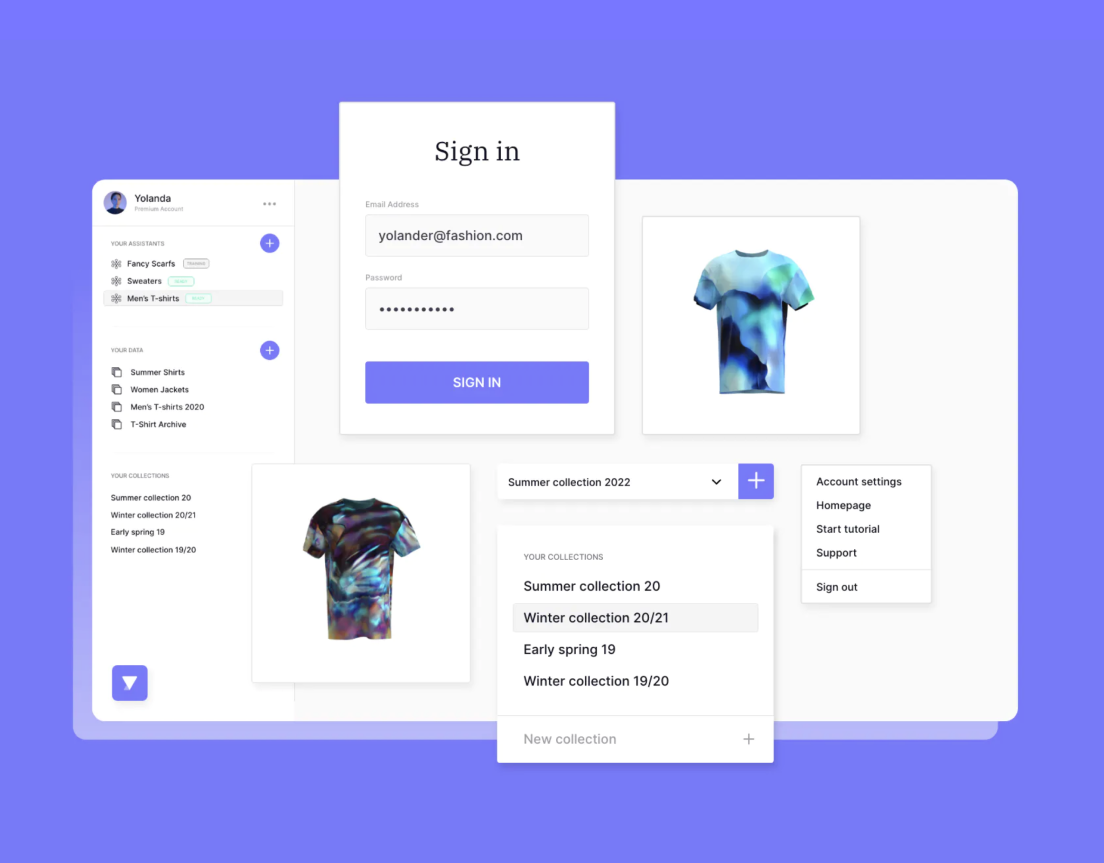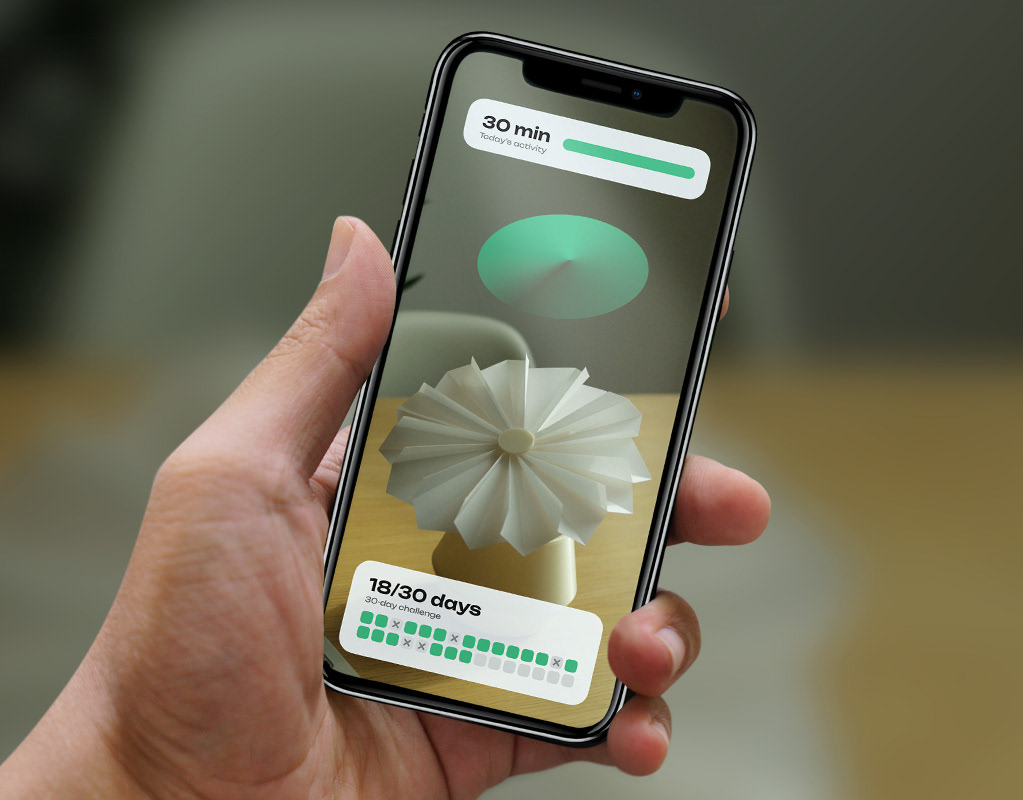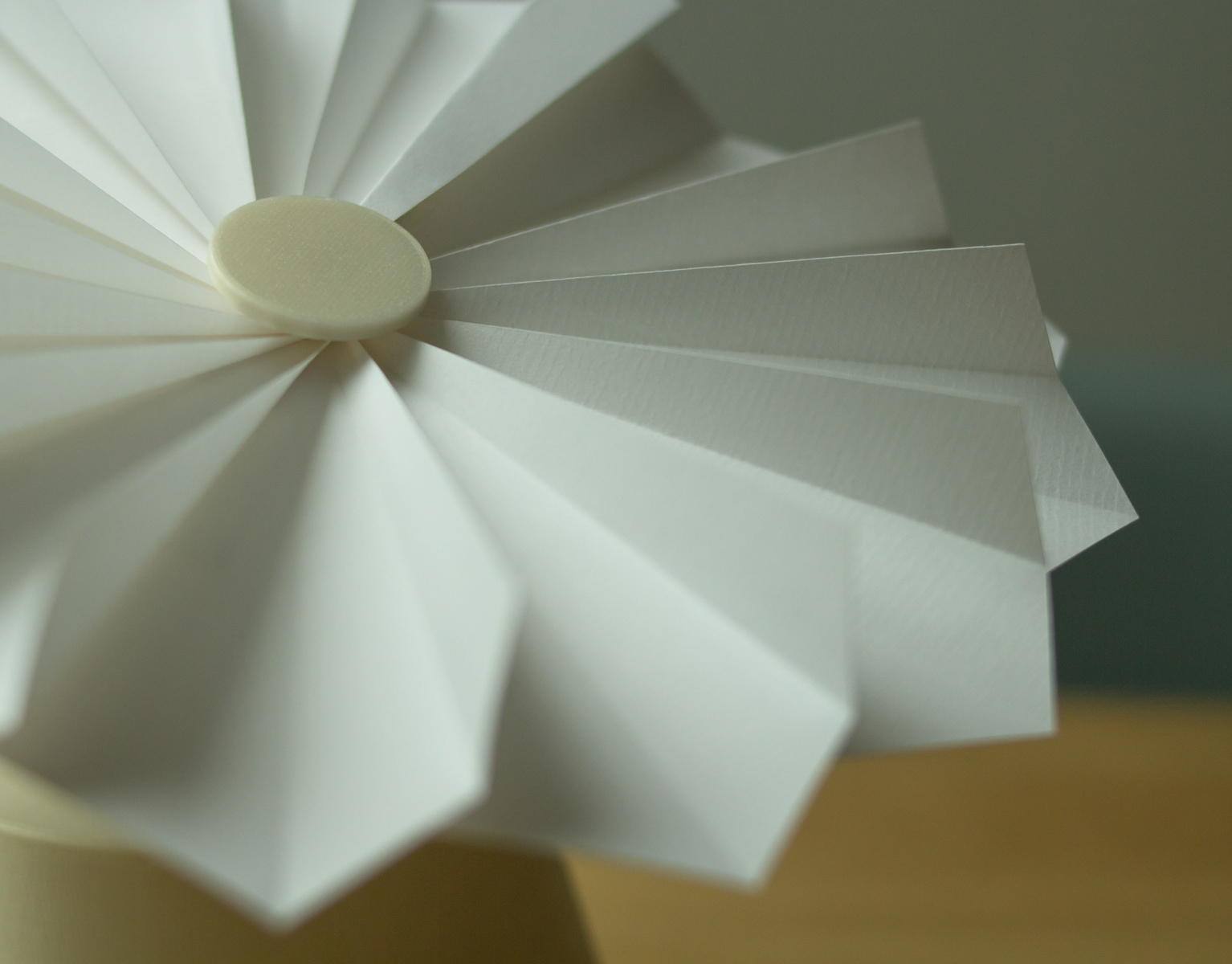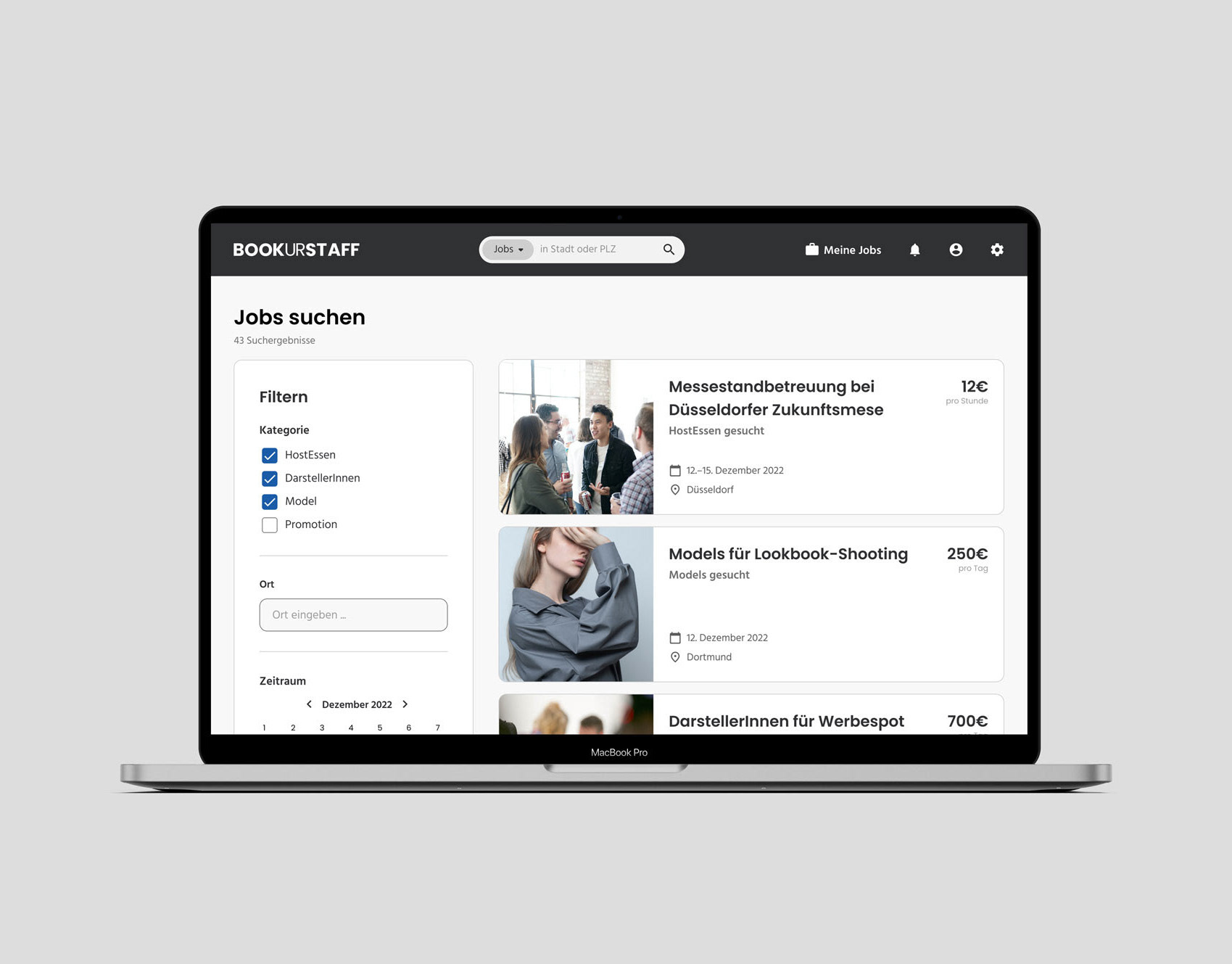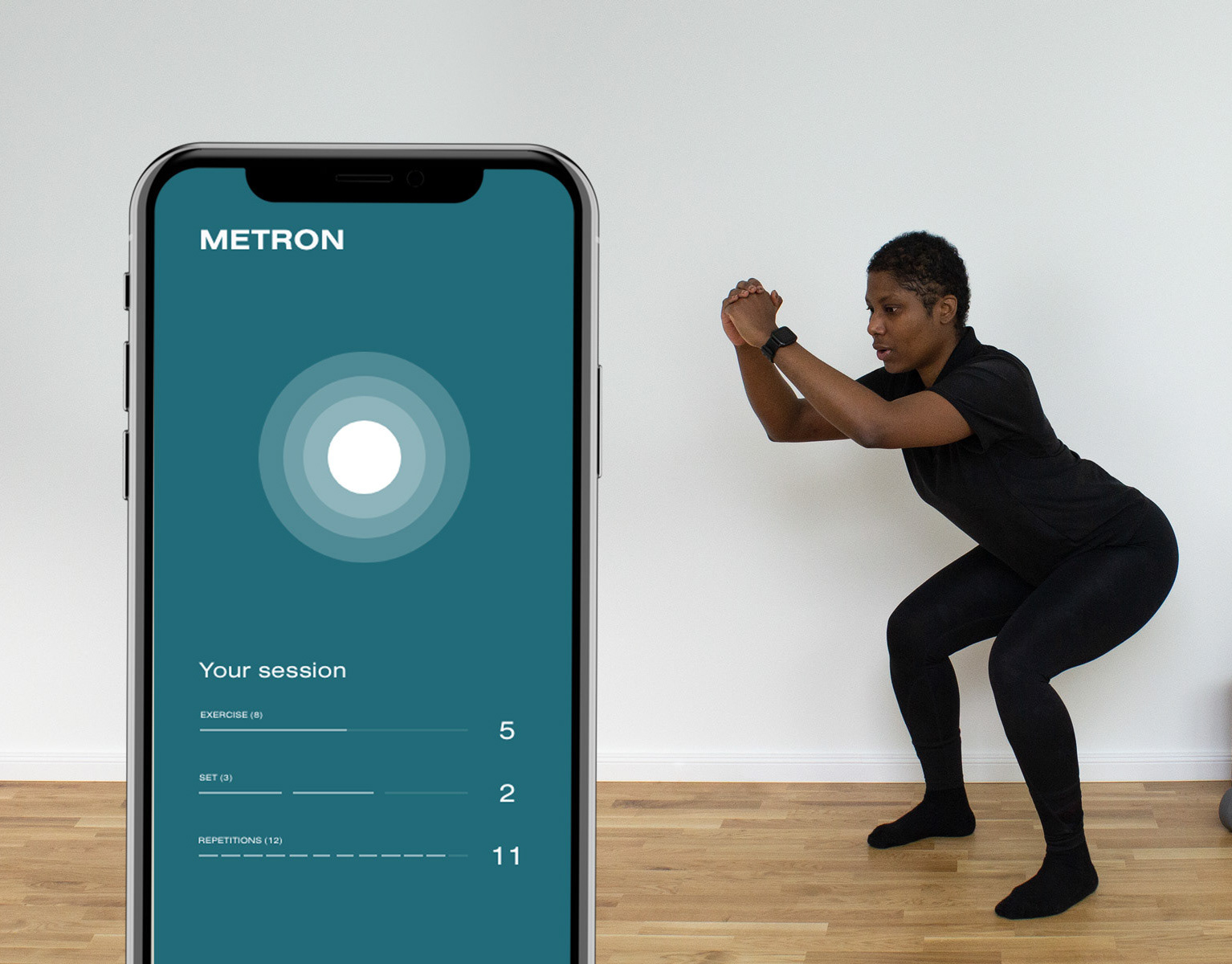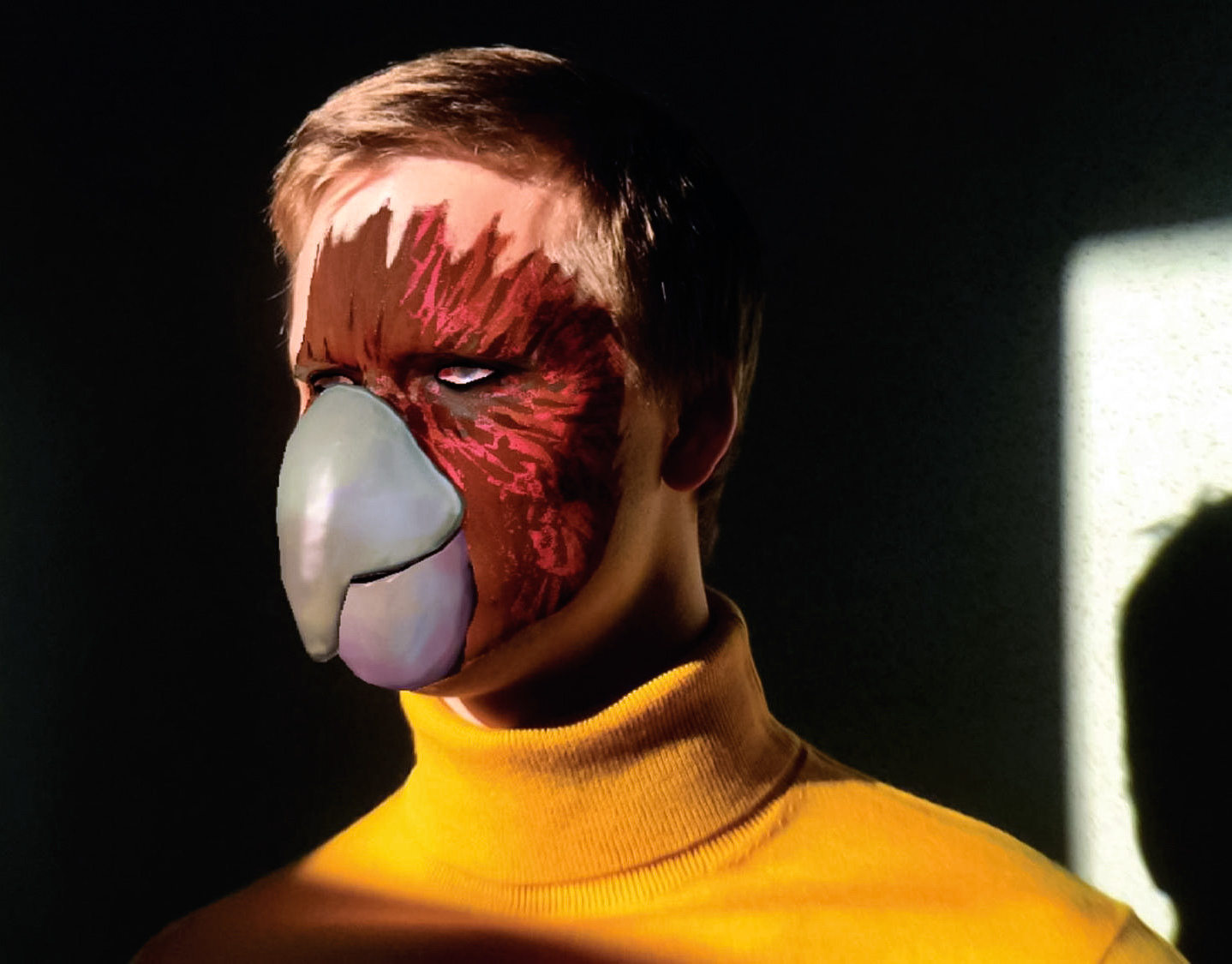Project overview
Loulu is a free smartphone app that invites players into interactive fiction. The single-player game makes manipulation tactics and discourse shifts of new-right networks tangible and shows that social internet platforms can be perfect germ cells for targeted radicalization. Therefore, the project aims to have a preventive and immunizing effect against radicalization to the right. Loulu is a collaboration between Onlinetheater.live and the HAU (Hebbel am Ufer). We, Studio Minge+Schmidt, were tasked to transform the original idea into an immersive game concept.
My responsibility:
I led the overall UX design for iOS and Android, including the UI, motion graphics, and brand elements.
I led the overall UX design for iOS and Android, including the UI, motion graphics, and brand elements.
Tools:
Framer, Adobe After Effects, Photoshop, Illustrator
Framer, Adobe After Effects, Photoshop, Illustrator
Impression from the platform Vire which is inspired by TikTok

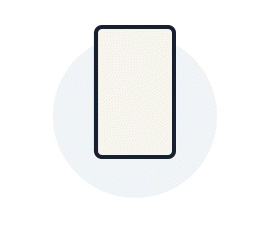
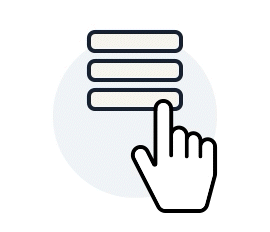
Game story
Successful influencer Frida has become the victim of a shitstorm on the social network Vire. Seeking help, she turns to the game players. Quickly it becomes clear this was not a random shitstorm. Instead, it was planned and executed by an extreme right-wing network that uses skillful digital media strategies to sustainably influence the social discourse on topics such as feminism, gender, LGBTQIA+ visibility, and diversity, and thus to enforce racist and sexist policies.
Particularly striking here is lifestyle influencer Loulu, who ponders sadly and thoughtfully about motherhood, the fast-paced society, and the topic of home. What connection exists between Loulu and the network that attacks Frida so strongly? Together with Frida and supported by internet specialist Robin, the players searched for the strategy manual of the radical right-wing movement and, in the process, dived deeper and deeper into the network's core. This journey leads through three platforms: Vire, Pling, and Channelz.
Impression from the platform Pling which is inspired by the Telegram
Design process
During the work on Loulu, I studied the functionality of social media and platforms. I realized how spoiled we (as users) are by popular platforms like Facebook, Instagram, etc., in terms of intuitive operation and optimized experience. Achieving a similar standard, at least superficially, within the game was an enormous challenge. But an immersive experience for the players is essential for the game's concept. The players should feel like they are acting and navigating real platforms. Therefore, the degree of freedom within the application had to be as high as possible to avoid the players permanently reaching the limits of the simulation and, thus, being reminded that it's just a game.
On the other hand, all players have to make it somehow to the game's finish line. This condition resulted in some unconventional parts of the graphical user interface. For example, some elements needed to be more visually concise to ensure that players would notice them. At some stages, quick in-app tutorials were necessary to explain certain functionalities. In addition, I ran a lot of user testing during the design process to see if the difficulty level we anticipated as "playable for everyone" worked. Based on the test results, I fine-tuned the experience and optimized the design for iOS and Android alongside the development team.
Impression from the platform Channelz which is inspired by Discord
Results & impact
Loulu has been available on the App Store and Google Play since June 2021 and counts around 5,000 downloads. The real success, however, lies in the fact that we were able to attract attention throughout Germany with the app and sensitize many people to the topic. As a result, Loulu received the Amadeu Antonio Award 2021 for innovative and artistic engagement with discrimination and advocacy for human rights and diversity. Moreover, all major media covered Loulu. It was exhibited at various art festivals and still serves as educational material in schools.
Roll-up for exhibitions
Credits
The project was initiated by Kathi Kraft, Toni Minge, Luzia Oppermann, and Caspar Weimann. The game was designed in collaboration with Toni Minge. Photos by Kathi Kraft.
The German Federal Cultural Foundation funded the project as part of the Dive in Program for Digital Interactions.
